Around the world, there are movements and organizations dedicated to sharing the incredible amount of data that is now being produced.
These organization are not sharing this information with advertisers to better target ads but with the public for the public good. Sometimes referred to as Open Data, the motivating principle is that publicly sharing data once held only within bureaucracies will lead to a more informed public able to make better choices and policies.
In healthcare, we do not want sensitive patient data to ever be “open” to all—but informing and empowering patients is crucial. While technological advances and increased knowledge of the human body and all that can afflict it have led to better health outcomes, much of this century’s most important healthcare work will be in establishing and further patient-centred care.
An open, patient-centred approach
These two movements which aim to publicly share data and acknowledge the patient as the actor and not the subject within the healthcare journey meet in the mission of The Leapfrog Group. This American nonprofit produces reports on health care safety and quality. As a watchdog organization, Leapfrog positions itself as the “premier advocate of transparency in [American] health care.”
Especially relevant for the work that OPHARDT Hygiene does to break the chain of infection are its hospital reports on handwashing and healthcare-associated infections (HAIs). For handwashing, Leapfrog evaluates hospitals using a survey based on the World Health Organization’s Hand Hygiene Self-Assessment Framework. Five areas of concern are surveyed:
- Monitoring hand hygiene compliance
- Feedback
- Training and Education
- Infrastructure, with a focus on hand sanitizer dispensers
- Culture
The Leapfrog Group then takes all of this data shares the ratings they produce from it in an easy to use search page. One of the key ways that they help pressure hospitals to share this information is that they will mark hospitals that do not participate in these nation-wide surveys with a red “Declined to Respond” label. Patients looking to choose the right hospital will have questions about why a hospital is not sharing this information—do they not want to share the results, do they not prioritize monitoring these markers of patient health, or are they so overwhelmed that they do not have the time to share their results?
Making it easy to share data with patients and staff
We talk a lot about the importance of hand hygiene monitoring. But our enthusiasm for it does not blind us to the barriers that hospitals face to implement high-quality hand hygiene monitoring. Old-fashioned methods like direct observation are costly and paint an incomplete and, some argue, inaccurate picture of hand hygiene behaviour. We believe that having an accurate picture of hand hygiene compliance in your hospital is the first step towards improving compliance.
We have a simple, but opinionated, philosophy. We believe:
- that hand hygiene behaviour can be improved at the time of disinfection.
- that monitoring should be indirect, automated, run 24/7, and be accessible in realtime.
- group-based monitoring is better than individual-based monitoring—for both buy-in and performance (and studies are starting to back us up).
- sharing compliance information generously with hospital teams will lead to better team compliance rates.
- data should be presented in a simple-to-understand way and generating reports should be easy to do.
All of these beliefs have shaped the way that we have built smart dispensers and OHMS—our pioneering hand hygiene monitoring service. When a hospital uses these intelligent soap or sanitizer dispensers and OHMS, they do not have to scramble to schedule direct observation of hand hygiene behaviour when reports are due. Instead, the smart dispensers are continuously sharing data to our secure, encypted cloud—data which is easily viewed via our web app. Hospitals have access to and are already internally sharing this information within wards throughout the year. Infection control practitioners can deliver automated, always-up-to-date feedback without hassle or paperwork.

At the centre of OHMS is the understanding that good data can inform and improve our behaviour and lead to healthier outcomes for patients. This is a belief shared by The Leapfrog Group and patient-advocacy organizations like it. In this era of digitalization and patient-first processes, having great data you can share internally and externally will be key to empowering staff and patient alike.














Kommentieren